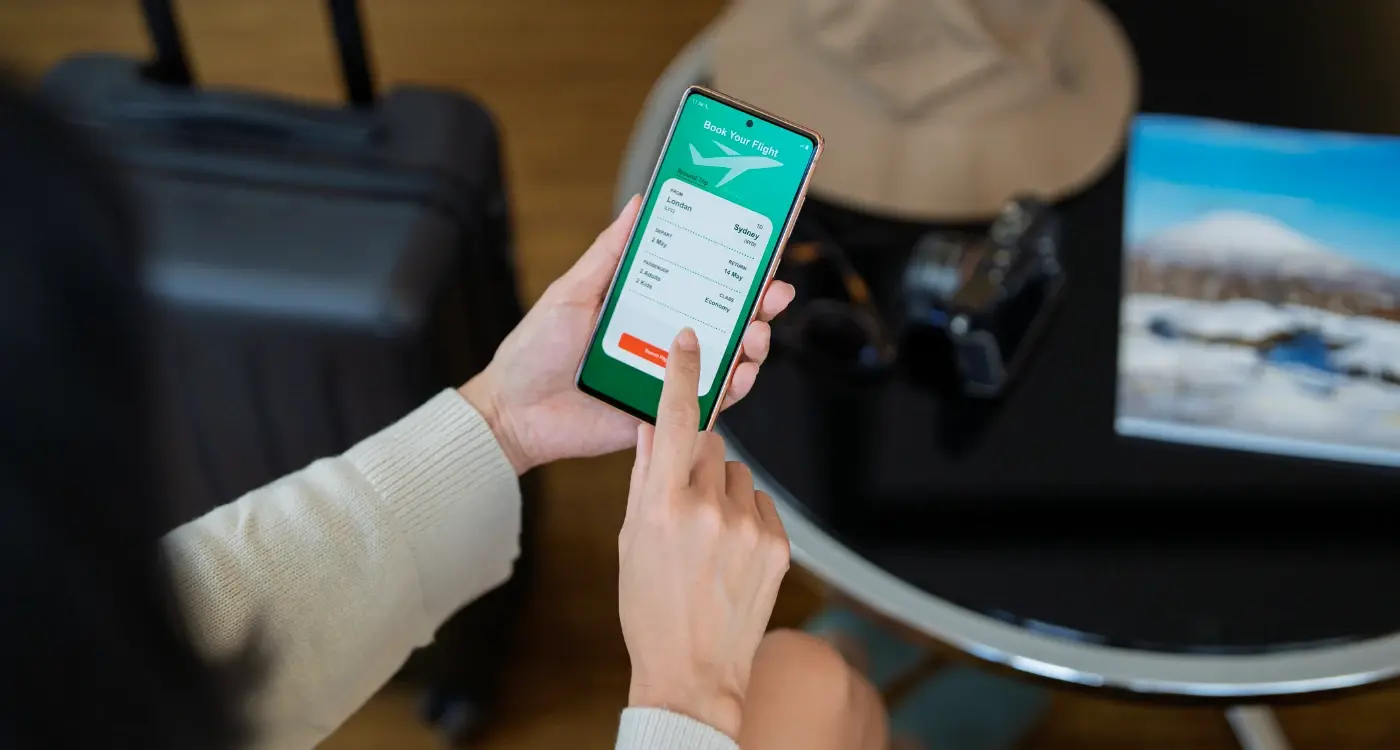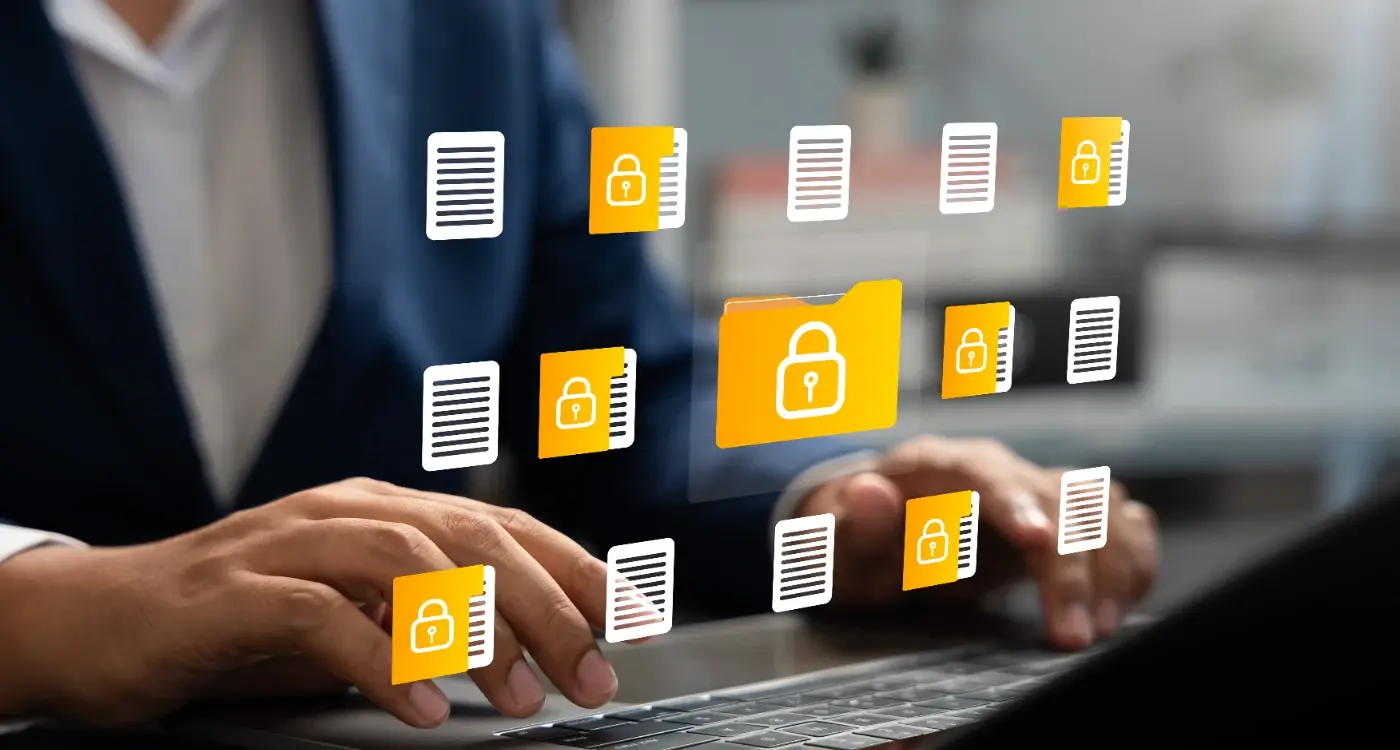What Legal Considerations Should Startups Know Before Launching an App?
Every single day, thousands of brilliant startup ideas die not because they weren't good enough, but because their creators didn't understand the legal minefield they were walking into. I've watched promising apps get pulled from app stores, seen startups face crippling lawsuits, and witnessed entrepreneurs lose everything—not because their product failed, but because they skipped the boring legal stuff. The thing is, app legal compliance isn't just about covering your back; it's about building a sustainable business that can actually grow without constantly looking over its shoulder.
When you're building an app, you're not just creating code and pretty interfaces. You're collecting user data, storing personal information, and potentially operating across multiple countries with different laws. Privacy policies become your shield against data protection regulators. Terms of service protect you from users who might try to misuse your platform. Intellectual property rights ensure nobody can steal your hard work and profit from it.
The best time to think about legal requirements is before you write your first line of code, not after you've already launched
This guide will walk you through everything you need to know about startup law as it applies to mobile apps. We'll cover the legal requirements that actually matter, help you understand what compliance looks like in practice, and show you how to avoid the mistakes that sink other startups. Because building a great app is hard enough without legal surprises derailing your success.
Understanding Privacy Policies and Data Protection Laws
Privacy policies might sound boring, but they're actually one of the most important legal documents your app will ever have. I've worked with startups who thought they could skip this step—spoiler alert: they couldn't! Every app that collects user data needs a privacy policy, and trust me, your app probably collects more data than you think.
The moment someone downloads your app and creates an account, you're collecting personal information. Email addresses, names, device information, location data—it all counts. Different countries have different rules about how you handle this data, and getting it wrong can result in hefty fines that would make any startup founder's eyes water.
Key Areas Your Privacy Policy Must Cover
- What data you collect and why you need it
- How you store and protect user information
- Who you share data with (third-party services, analytics providers)
- How users can access, update, or delete their data
- Your data retention policies
- Cookie usage and tracking technologies
GDPR in Europe and CCPA in California have changed the game completely. These aren't just guidelines—they're legally binding requirements with real teeth. Getting professional legal help for your privacy policy isn't just smart; it's absolutely necessary for protecting your startup's future.
Creating Terms of Service That Actually Protect You
I'll be honest with you—most terms of service documents are written by lawyers for lawyers, and they're about as exciting as watching paint dry. But here's the thing: they're one of the most important legal shields your startup can have. Without proper terms of service, you're basically inviting trouble through the front door.
Your terms of service need to cover the basics: what your app does, how users can (and can't) use it, what happens when things go wrong, and how disputes get resolved. Don't just copy and paste from another app's terms—what works for a photo-sharing app won't work for a fitness tracker. Each app has different risks and needs different protection.
Make Your Terms Actually Enforceable
Here's where most startups mess up: they write terms that sound impressive but won't hold up in court. Your terms need to be clear, fair, and properly presented to users. That means no hiding them in tiny text or burying them where nobody will find them. Users need to actively agree to them, not just stumble across them by accident.
Always include a limitation of liability clause and specify which country's laws apply to your app. This can save you thousands in legal fees later.
Remember to update your terms regularly as your app evolves. What seemed reasonable at launch might not cover new features you add later. Keep them current, keep them clear, and most importantly—keep them protective of your business.
Intellectual Property Rights and How to Safeguard Your App
I've seen too many brilliant app ideas get copied by bigger companies with deeper pockets—and it's heartbreaking every single time. Your app's intellectual property is basically everything that makes it unique: the code, the design, the name, even that clever little loading animation you spent weeks perfecting.
The good news? You don't need to break the bank protecting your ideas. Start with the basics: register your app name as a trademark if it's distinctive enough, and make sure your developer agreements clearly state that you own everything they create for you. I can't tell you how many times I've seen startups get into messy legal battles because they skipped this step.
What You Can Actually Protect
- Your app's source code (automatically protected by copyright)
- Unique visual designs and user interface elements
- Your app name and logo (through trademark registration)
- Any innovative features or processes (potentially through patents)
- Original content like images, text, and audio
Simple Steps to Protect Your App
Copyright protection happens automatically when you create something original, but keeping detailed records of your development process helps prove ownership. For trademarks, search existing registrations first—you'd be surprised how many common names are already taken. Patents are trickier and expensive, but worth considering if you've genuinely invented something new rather than just building another social media app.
Legal Requirements for Different App Categories
Not all apps are created equal when it comes to legal requirements—and I've learned this the hard way after working with clients across every imaginable category. A simple weather app faces completely different compliance challenges than a fintech startup or a social media platform. The type of app you're building determines which specific laws and regulations you need to follow.
Financial and Healthcare Apps
If your app handles money or health data, you're entering heavily regulated territory. Financial apps must comply with banking regulations, anti-money laundering laws, and payment processing standards. Healthcare apps need to meet medical device regulations and strict data protection rules. These aren't suggestions—they're legal requirements that can shut down your app if ignored.
The biggest mistake I see startups make is assuming they can figure out compliance later, but some app categories require legal planning from day one
Social and Gaming Apps
Social networking apps face content moderation requirements and user safety obligations. Gaming apps—particularly those with in-app purchases or gambling-like features—must comply with gaming regulations and consumer protection laws. Age verification becomes critical here too.
The key is identifying your app's category early and researching the specific legal requirements that apply. Each category has its own compliance checklist, and missing items can be costly down the line.
Age Restrictions and Child Safety Compliance
If your app might attract children under 13, you need to understand COPPA—the Children's Online Privacy Protection Act. This US law requires special permission from parents before collecting any personal information from kids. Even if you're based in the UK, COPPA applies if American children use your app.
The rules are stricter than you might think. Personal information includes names, addresses, email addresses, photos, and even device identifiers. You can't just add a checkbox saying "I'm over 13" and call it a day—that won't protect you legally.
Setting Up Proper Age Verification
Most developers choose the simplest route: designing their app for users 13 and older. This means adding age verification during registration and clearly stating your age requirements in your terms of service. If you do want to allow younger users, you'll need robust parental consent systems.
Creating Child-Safe Content
Age-appropriate content goes beyond just avoiding swearing or violence. You need to consider how children might interact with your app differently than adults. Can they accidentally share personal information? Are there chat features that could expose them to strangers? These questions matter more than you might realise.
Getting child safety wrong can result in massive fines and terrible publicity. The good news? Most compliance issues are preventable with proper planning from the start.
International Laws When Your App Goes Global
Taking your app global sounds exciting—and it is! But here's what many startups don't realise: every country has its own set of legal requirements for mobile apps. What works perfectly in the UK might land you in hot water in Germany or Australia.
The big players you need to know about are GDPR in Europe, CCPA in California, and PIPEDA in Canada. Each has different rules about how you collect, store, and use people's personal information. GDPR is particularly strict—you'll need explicit consent for almost everything, and people have the right to download or delete their data whenever they want.
Key Compliance Areas by Region
- Europe: GDPR compliance, cookie consent, data transfer restrictions
- United States: State-specific laws like CCPA, COPPA for children's data
- Asia-Pacific: Local data residency requirements, content restrictions
- Middle East: Cultural content guidelines, local server requirements
Don't forget about app store compliance either. Apple and Google have different requirements in different countries, and what's acceptable in one market might get your app rejected in another.
Start with one or two target markets and get your legal compliance sorted there first. It's much easier to expand gradually than trying to comply with every country's laws from day one.
My advice? Work with a lawyer who specialises in international app legal compliance. The cost upfront will save you thousands in fines and legal headaches later.
Common Legal Mistakes That Could Sink Your Startup
I've watched brilliant app ideas crash and burn not because they were bad products, but because the founders made simple legal mistakes that could have been avoided. These aren't complex legal issues that require a team of lawyers—they're basic oversights that happen when you're moving fast and breaking things.
The biggest mistake I see is launching without proper terms of service. You might think "I'll sort that out later" but later never comes, and suddenly you're dealing with user disputes with no legal framework to protect you. Another common error is copying someone else's privacy policy and forgetting to update it with your actual data practices—this can land you in serious trouble with regulators.
The Most Dangerous Oversights
- Not checking if your app name is trademarked before launching
- Ignoring age verification requirements when children might use your app
- Failing to understand data protection laws in your target markets
- Using third-party content without proper licensing
- Not having clear agreements with co-founders about ownership
Here's what I tell every startup founder: legal preparation isn't exciting, but it's cheaper than legal problems. Get the basics right from day one and you'll sleep better at night knowing your app is properly protected.
Conclusion
Right then—we've covered quite a lot of ground here, haven't we? From privacy policies that actually make sense to the tricky world of international compliance, you now have a solid foundation for keeping your startup on the right side of the law. And trust me, after years of watching brilliant app ideas crash and burn because of legal oversights, I can tell you that this knowledge is going to save you more than just money.
Here's what I want you to take away from all this: app legal compliance isn't something you bolt on at the end of your development process. It needs to be baked into your thinking from day one. Those terms of service? They're not just legal mumbo-jumbo—they're your shield. Data protection laws? They're not optional extras, they're the price of admission to the global marketplace.
I've seen too many startups treat legal requirements like an afterthought, and it rarely ends well. The good news is that you don't have to become a lawyer overnight; you just need to understand the basics and know when to call in the professionals. Start with the fundamentals we've discussed, get your privacy policy and terms sorted properly, and build compliance into your development workflow from the beginning. Your future self will thank you for it.
Share this
Subscribe To Our Learning Centre
You May Also Like
These Related Guides

What Legal Issues Should I Consider When Building a Travel Booking App?

How Do You Prepare for Data Protection Regulatory Reviews?



